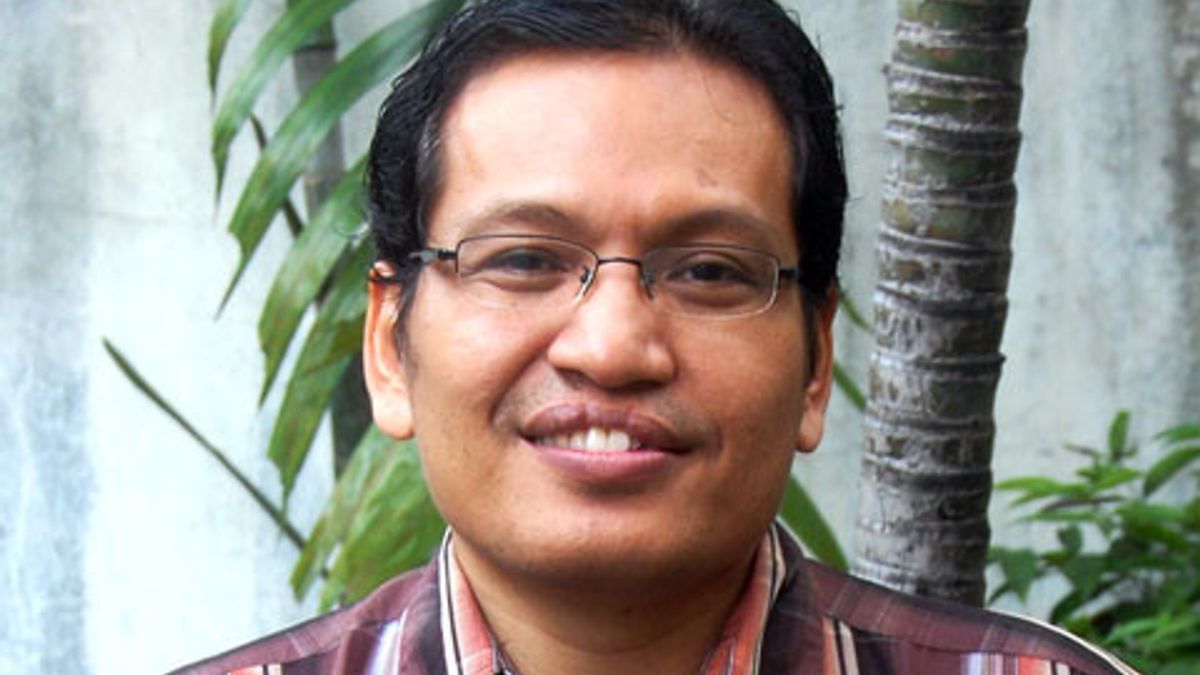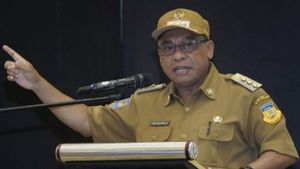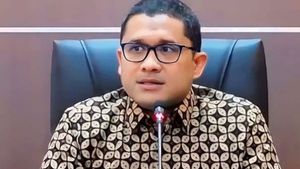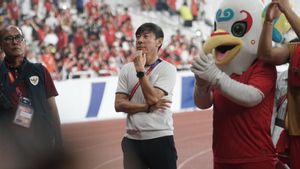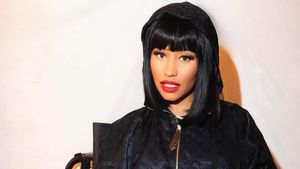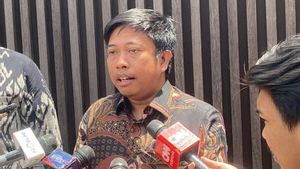JAKARTA - Chairman of the PBNU Institute for Research and Human Resources Development (Lakpesdam) Ulil Abdallah asked influencers not to express their personal support for certain presidential candidates (candidates) in the 2024 presidential election. Ulil revealed this when responding to the issue of polarization that is still attached to the public ahead of the 2024 election, especially on social media. "Advocating figures who can be referred to as influencers, they should not be involved in supporting politics," said Ulil when responding to the results of a survey on polarization by the UI Political Psychology Laboratory, Sunday, March 19. However, Ulil's request may not be heeded by influencers who are party cadres or administrators. Because, their job is to promote the political contestants their choice. Furthermore, Ulil admitted that he did not prohibit influencers from having support against certain presidential candidates. However, this form of support does not need to be disclosed to the public. "You can have personal choices, who will be elected in the upcoming presidential election. But if it happens that your position is an influencer, kyai or an intellectual, especially if the followers are up to one million, for example, it should not be involved in conversations about presidential candidates," Ulil explained. "So, your public duty in a situation like this is not to encourage "The occurrence of polarization by side with one of the candidates, but cooling the atmosphere," he continued. For information, the UI Political Psychology Laboratory conducted a public opinion survey regarding the remaining political polarization in 2019 which is still ahead of the current 2024 General Election. The results of this survey show that the people are polarized into 2 groups, namely cluster 1 which is pro-government with a proportion of 57 percent and cluster 2 which does not side with the government or is anti-foreign and "asseng" with The proportion is 43 percent. In detail, cluster 1 is a pro Jokowi group that is relatively secular in a moderate direction, satisfied with the government's performance, relatively not prejudiced against foreign economic forces and "asseng". Meanwhile, cluster 2 has a group in the political ideology of religious dimensions. Where, they believe that leaders must be religious or religious, public policies based on religion, to punitive sanctions against blasphemers, sharia regulations get endorsements high). This cluster 2 also believes in the conspiracy theory that the government is a conspiracy of foreign and "asseng" powers. This cluster expresses dissatisfaction with the policies and results achieved by the government.
The UI Political Laboratory public opinion survey regarding the remaining polarization of the 2019 Presidential Election was held from February 6 to February 28, 2023. In this survey, the analysis techniques used include items-response theory (IRT), compound principals (PCA), and latent clarification analysis (clustering) with the method of measuring Sigma Distance. The total respondents were 1,190 Indonesian citizens aged 17 years and over from 33 provinces.
The English, Chinese, Japanese, Arabic, and French versions are automatically generated by the AI. So there may still be inaccuracies in translating, please always see Indonesian as our main language. (system supported by DigitalSiber.id)
